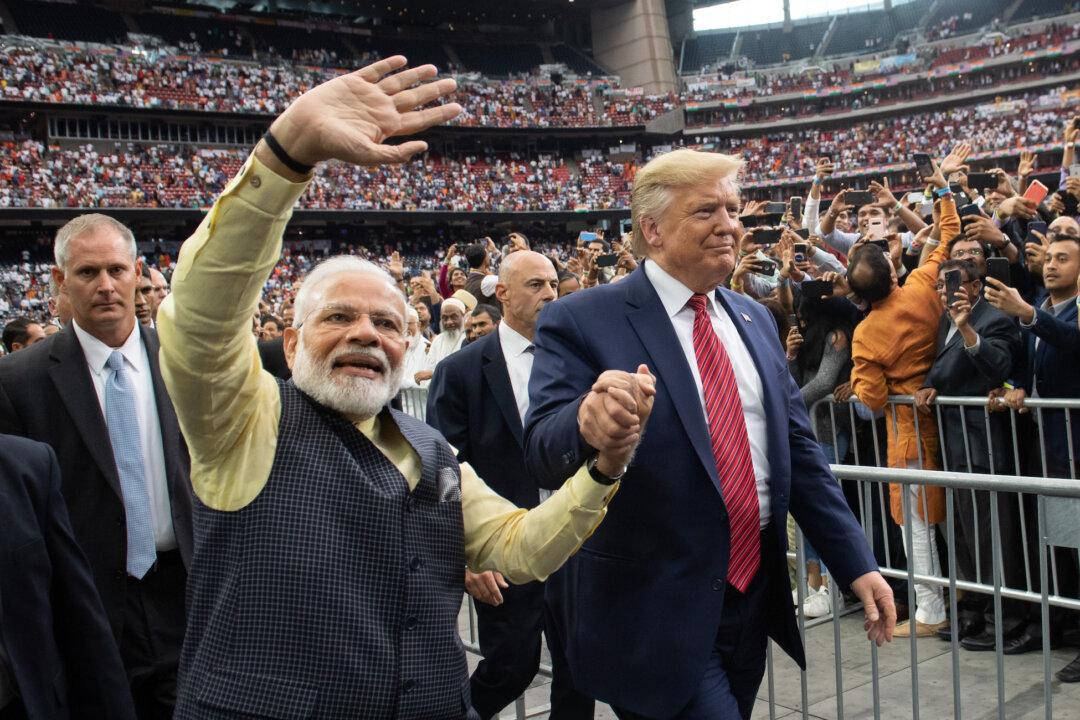A U.S. energy firm is set to sign a Memorandum of Understanding (MoU) with India’s Nuclear Power Corporation for the supply of six nuclear reactors during President Trump’s trip to the country next week. Experts said this will be a major step forward for both countries.
American energy firm Westinghouse will sign the agreement with the state-run Nuclear Power Corporation of India (NPCIL), aiming to kickstart a long-pending project, according to an exlusive Reuters report.





